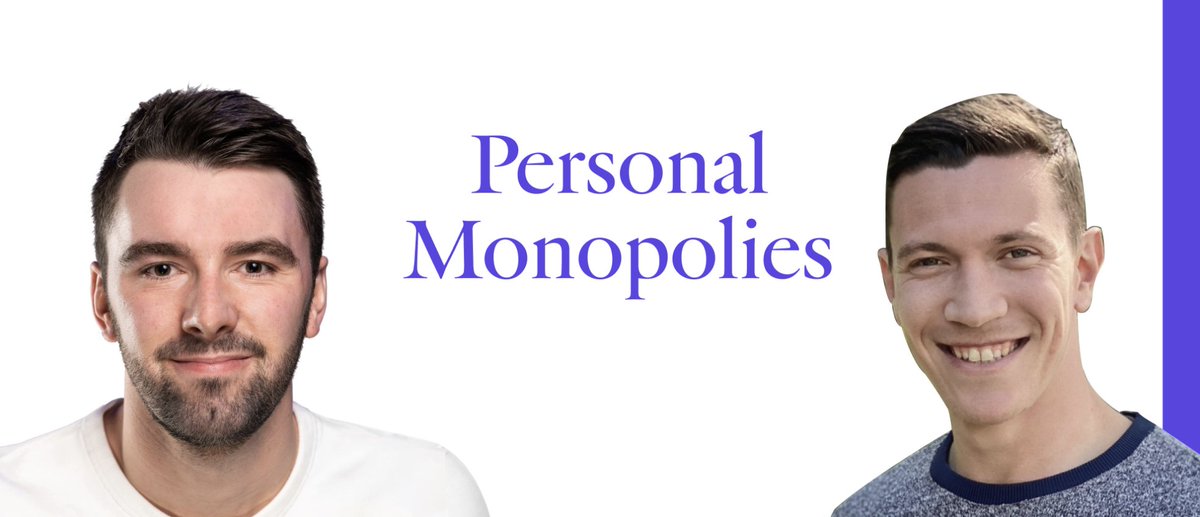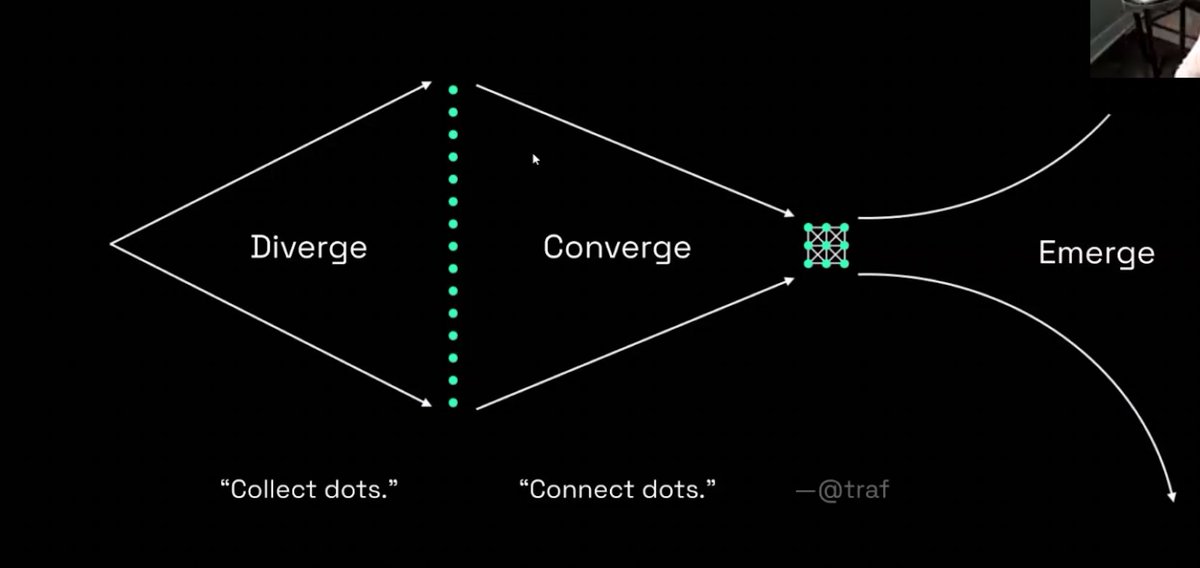The #NGSS propose diff experiences 4 Ss n sci classrooms, a ‘practice turn’. Recognizing this, we (Hyunju Lee @LonghurstMax @tjscience Dan Coster @LisaLundgren21 ) sensed a need 4 a survey 4 Ss 2 report their experiencs. Here’s a thread👇abt it 1/n




Excited 2 c this out, 'Next generation science classrooms: The development of a questionnaire for examining student experiences in science
— Todd Campbell (@dtcampbe) January 26, 2021
classrooms' out w @LonghurstMax @tjscience @LisaLundgren21 et al - DM me if interested n a copy!#NGSS @CSSSupervisors #NGSSChat @NGSS_tweeps pic.twitter.com/MypVw1xqTW
Say you want to share your research on Twitter using a thread. How do you do it succinctly, effectively, and coherently? Boy, have I got a thread for you!#AcademicTwitter #SciComm 1/9
— Lisa Lundgren, PhD (she/her) (@LisaLundgren21) September 4, 2019
More from Education
Trending news of The Rock's daughter Simone Johnson's announcing her new Stage Name is breaking our Versus tool because "Wrestling Name" isn't in our database!
Here's the most useful #Factualist comparison pages #Thread 🧵

What is the difference between “pseudonym” and “stage name?”
Pseudonym means “a fictitious name (more literally, a false name), as those used by writers and movie stars,” while stage name is “the pseudonym of an entertainer.”
https://t.co/hT5XPkTepy #english #wiki #wikidiff
People also found this comparison helpful:
Alias #versus Stage Name: What’s the difference?
Alias means “another name; an assumed name,” while stage name means “the pseudonym of an entertainer.”
https://t.co/Kf7uVKekMd #Etymology #words
Another common #question:
What is the difference between “alias” and “pseudonym?”
As nouns alias means “another name; an assumed name,” while pseudonym means “a fictitious name (more literally, a false name), as those used by writers and movie
Here is a very basic #comparison: "Name versus Stage Name"
As #nouns, the difference is that name means “any nounal word or phrase which indicates a particular person, place, class, or thing,” but stage name means “the pseudonym of an
Here's the most useful #Factualist comparison pages #Thread 🧵

What is the difference between “pseudonym” and “stage name?”
Pseudonym means “a fictitious name (more literally, a false name), as those used by writers and movie stars,” while stage name is “the pseudonym of an entertainer.”
https://t.co/hT5XPkTepy #english #wiki #wikidiff
People also found this comparison helpful:
Alias #versus Stage Name: What’s the difference?
Alias means “another name; an assumed name,” while stage name means “the pseudonym of an entertainer.”
https://t.co/Kf7uVKekMd #Etymology #words
Another common #question:
What is the difference between “alias” and “pseudonym?”
As nouns alias means “another name; an assumed name,” while pseudonym means “a fictitious name (more literally, a false name), as those used by writers and movie
Here is a very basic #comparison: "Name versus Stage Name"
As #nouns, the difference is that name means “any nounal word or phrase which indicates a particular person, place, class, or thing,” but stage name means “the pseudonym of an

















